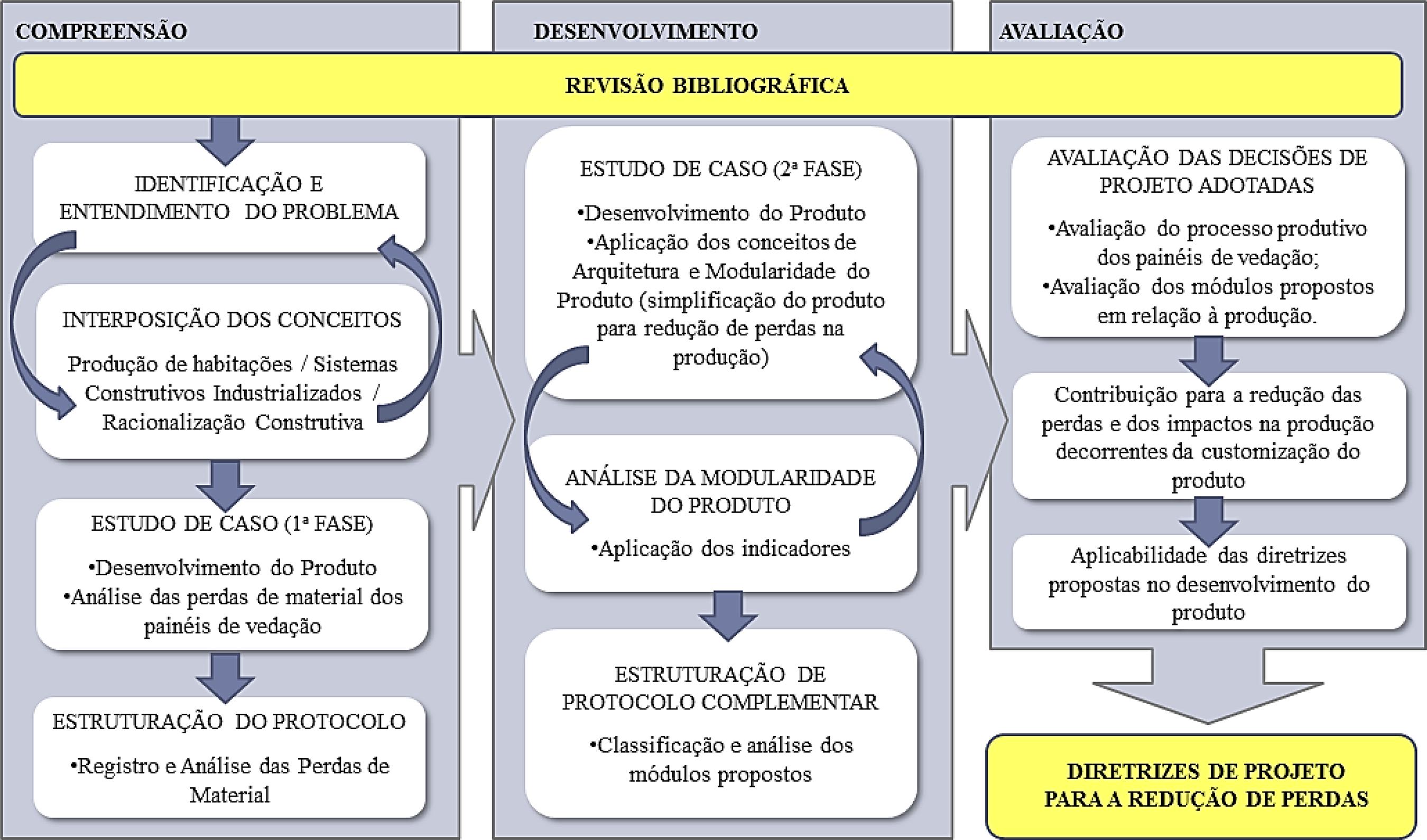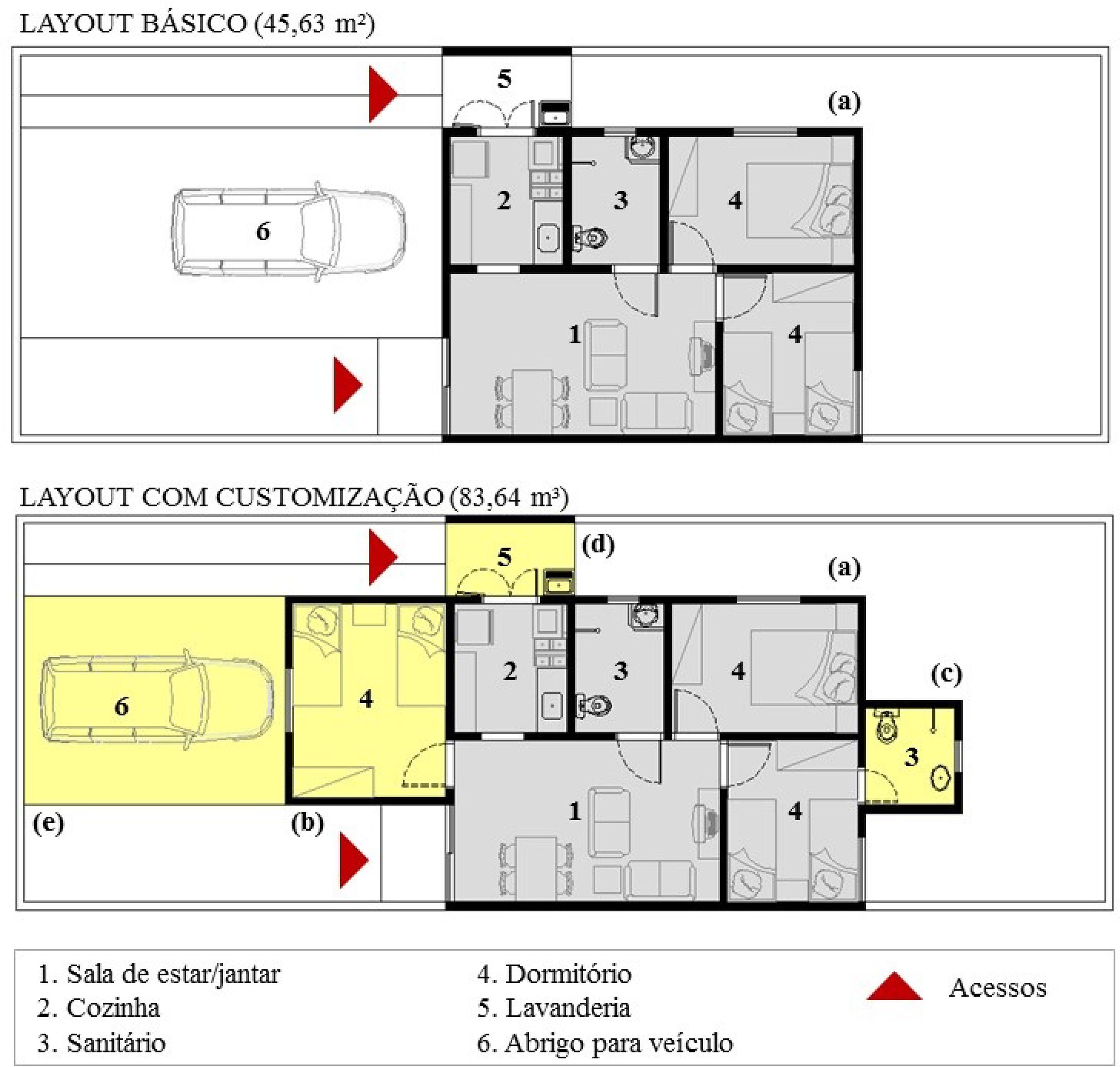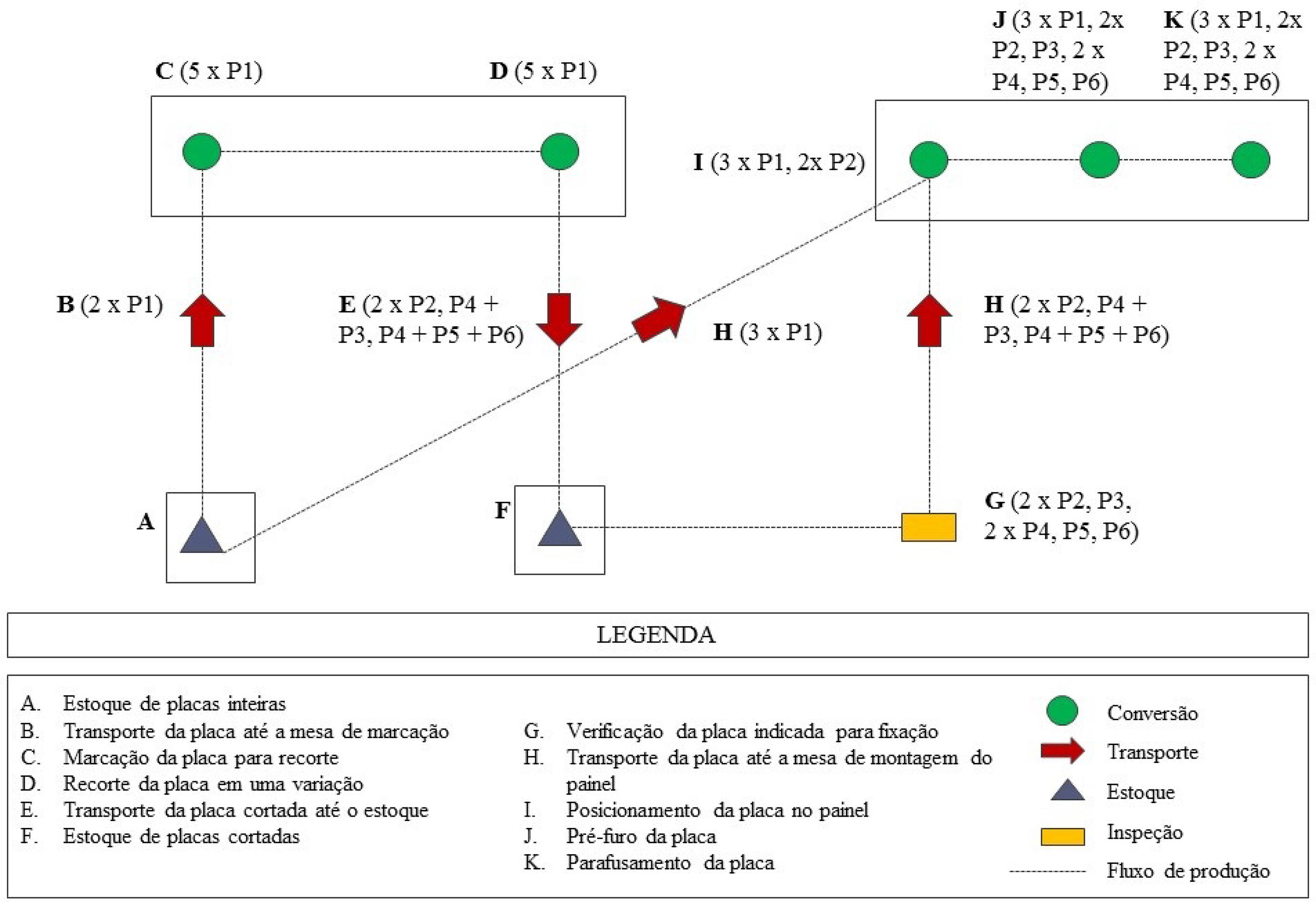Abstract
Managers in the construction sector are being urged to reduce the housing deficit in the low-income segment. The use of industrialised building systems is an alternative for achieving this aim and for the implementation of mass customization. However, the possibility of conferring some degree of customisation in housing may have negative impacts on production. Product modularity is a mass customisation approach, by designing modules that can be combined to provide product variety. The aim of this paper is to propose design guidelines to reduce waste in the production of prefabricated wall panels in dry construction systems, focusing on simplifying the production of customised social housing. The methodological approach adopted was design science research. The research started with a literature review to understand the concepts of Product Architecture and Modularity. Based on the results, we proposed design guidelines applying the principles of product modularity. The effect of the guidelines on the production process of the panels was evaluated through data collection at the factory. The adoption of product modularity in house-building design proved to be an efficient approach for the standardisation of components and for simplifying the mass production process of the wall panels.
Keywords:
Product modularity; Production simplification; Industrialisation

 Fonte:
Fonte: Fonte:
Fonte: Fonte:
Fonte: Fonte:
Fonte: Fonte:
Fonte: Fonte:
Fonte: Fonte:
Fonte: Fonte:
Fonte: Fonte:
Fonte: Fonte:
Fonte: Fonte:
Fonte: Fonte:
Fonte: Fonte:
Fonte: Fonte:
Fonte: